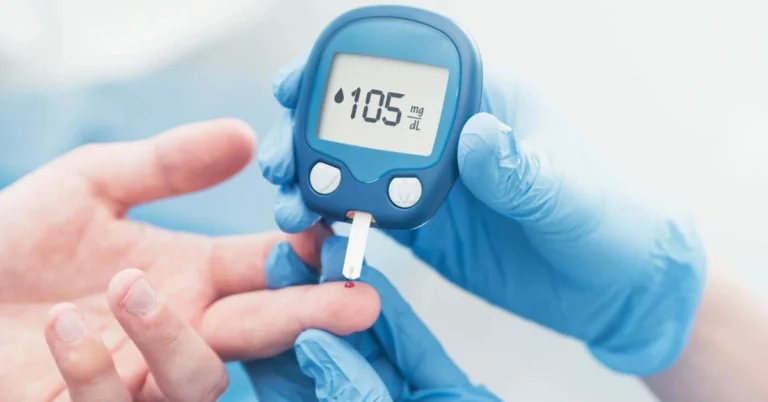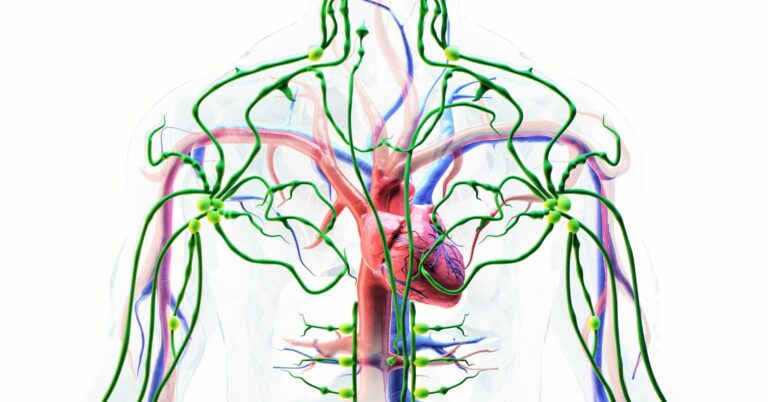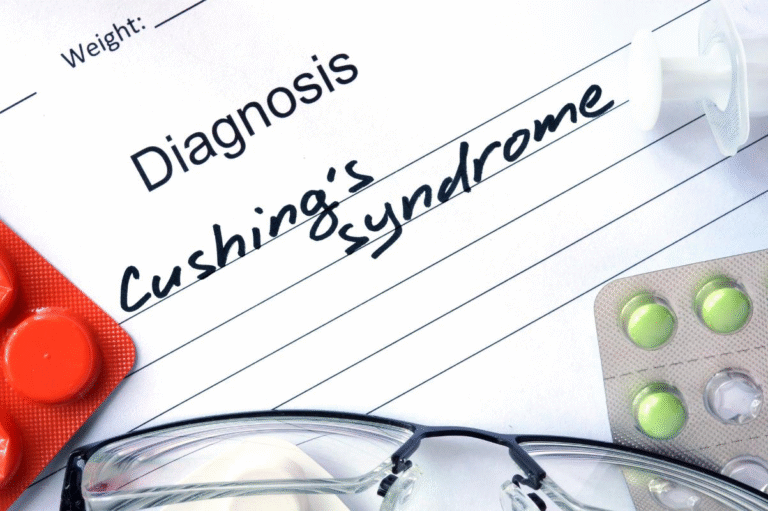Why Does Heartburn Feel Like Chest Pain? How to Tell the Difference Between Acid Reflux and a Heart Attack
Have you ever experienced that sudden, uncomfortable burning sensation in your chest? It’s like a heart attack, but it’s usually harmless. It happens after a big meal or when you lie down too soon. Most of the time, it’s just heartburn, but it can be so similar to a heart attack that people panic and rush to the ER. And guess what? In some cases, that panic can actually save lives!
Understanding why heartburn feels like chest pain can help you make smart, safe decisions for your health.
What Experts Say
“Heartburn happens when stomach acid goes back up into the esophagus, which is right behind your heart,” says Dr. Michelle O’Connor, MD, a gastroenterologist at NYU Langone. “Since the esophagus and heart share nerves, your brain can think the acid reflux pain is coming from your heart.”
That’s why the pain from gastroesophageal reflux disease (GERD) can feel strikingly similar to that of angina or a heart attack.
What the Science Says
According to a 2020 study in BMJ Open, more than 60% of people who visit the ER for chest pain have non-cardiac causes, most commonly acid reflux or musculoskeletal strain.
But guess what? Studies also show that heart disease can show up in weird ways, especially for women, older folks, and diabetics. So, if you think you’re having heartburn, it could actually be heart disease, and that could be dangerous.
Heartburn vs. Heart Attack: How to Tell the Difference
| Symptom | Heartburn (GERD) | Heart Attack (Cardiac Event) |
|---|---|---|
| Pain location | Center of chest, may move to throat | Center or left side of chest, can radiate to arm, jaw, back |
| Type of pain | Burning, sharp, sour taste | Pressure, squeezing, heaviness |
| Timing | Often after eating, lying down | Often during activity, stress—or at rest |
| Relief | Improves with antacids, sitting up | Doesn’t improve with position or antacids |
| Other symptoms | Regurgitation, bloating | Shortness of breath, nausea, cold sweats, dizziness |
If you’re feeling chest pain, it’s always better to err on the side of caution. Call 911 or rush to the hospital for immediate medical attention.
Why This Matters for Public Health
Heart disease remains the #1 cause of death worldwide, and delaying treatment can be fatal. The CDC warns that every minute matters during a heart attack. Yet, many delay getting help—assuming it’s “just gas” or indigestion.
At the same time, GERD affects over 20% of Americans, and untreated acid reflux can cause esophageal damage, ulcers, or even cancer over time.
What You Can Do to Manage Heartburn at Home
- Avoid trigger foods: spicy, acidic, fatty meals, caffeine, alcohol
- Don’t lie down for 2–3 hours after eating
- Elevate your head when sleeping
- Wear loose clothing to reduce abdominal pressure
- Try over-the-counter antacids or H2 blockers (like famotidine)
- Practice stress reduction: Breathwork or vagus nerve stimulation can help regulate digestive function
For chronic symptoms, talk to your doctor about prescription medications or testing for GERD or esophageal motility disorders.
When to Call a Doctor (Or 911)
- Chest pain with shortness of breath, nausea, or dizziness
- Pain that spreads to the arms, neck, or back
- A burning sensation that doesn’t improve with antacids
- You have risk factors: high blood pressure, diabetes, smoking, or family history of heart disease
Heartburn and heart attacks can look similar, but that’s not a good thing. If you suspect you’re having a heart attack, don’t try to diagnose it yourself. Seek medical attention immediately. Your chest pain could be acid reflux or a sign that your heart needs immediate attention.
Check out the healthlynic ✔️approved range of products for Weight Loss, Improve metabolism and much more!







